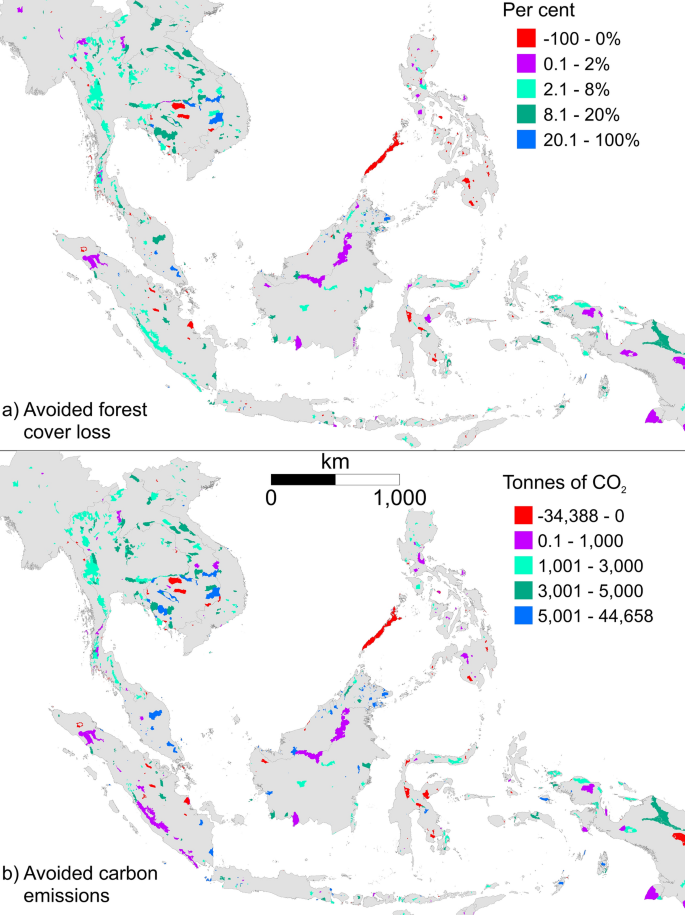
Abstract: "Edward O. Wilson, a prominent biologist and prolific author who help raise global awareness and understanding about biodiversity and conservation, has died. Wilson began his career studying the biology and social structures of ants which led him to develop expansive theories on evolution and humanity’s relationship with the planet. While Wilson’s research was highly influential in scientific circles and won numerous recognitions, he was mostly widely known for his accessible writing, including articles and best-selling books which introduced concepts like biodiversity to the masses. Wilson was an outspoken advocate for global conservation efforts."
Read more: https://news.mongabay.com/2021/12/edward-o-wilson-prominent-biologist-and-author-has-died-at-92/

